Catching up after the Easter break, an EDI focus this week, by coincidence, a look at educational gain and the value of apprenticeships, the underwhelming strategic priorities funding announcement and some politics in the form of an EU proposal on freedom of movement, freedom of speech (again) and an odd UKVI proposal on remote delivery for international students.
New Universities minister
As we creep towards the general election which is likely to be in the autumn but must be before the end of January 2025, MPs are thinking about alternative careers. One of those is Robert Halfon, who has stepped down as Minister for Skills, Apprenticeships and Higher Education) having decided not to stand for election again. He was replaced by Luke Hall.
The minister’s responsibilities include:
- overall strategy for post-16 technical education
- T Levels and transition programme
- qualifications reviews (levels 3 and below)
- higher technical education (levels 4 and 5)
- apprenticeships and traineeships
- further education workforce and funding
- Institutes of Technology
- local skills improvement plans and Local Skills Improvement Fund
- adult education, including basic skills, the National Skills Fund and the UK Shared Prosperity Fund
- careers education, information and guidance including the Careers and Enterprise Company
- technical education in specialist schools
- relationship with the Office for Students
- higher education quality and reform
- Lifelong Loan Entitlement
- student experience and widening participation in higher education
- funding for education and training, provision and outcomes for 16- to 19-year-olds
- college governance and accountability
- intervention and financial oversight of further education colleges
- reducing the number of young people who are not in education, employment or training
- international education strategy and the Turing Scheme
Research and knowledge exchange: UKRI diversity data
UKRI has published diversity data for 2021-22.
Some findings are not very surprising, i.e. that PIs and CoI applicants tend to be older than others: but the awards data shows that awards are more variable when reviewed by age. The disability data shows only small differences, with very small numbers of applicants declaring a disability.
The ethnicity data shows some challenges: For PIs applying to UKRI in 2021 to 2022, White applicants had a significantly higher award rate than both Asian and Black applicants. Asian CI applicants also had a significantly lower award rate than White CI applicants in 2021 to 2022.
As does the gender data, in terms of applicants, but here the award data is more positive: For fellows applying to UKRI in 2021 to 2022, female applicants had a significantly higher award rate than their male counterparts.
The report also looks at intersectional data.
Educational Gain
In the Teaching Excellence Framework the least defined element was in the student outcomes section, relating to educational gain: the Office for Students asked providers to set out what ‘educational gains’ they intend their students to achieve, how they support students to achieve them, and what evidence they have that students are succeeding in achieving these. Educational gains go beyond the measures of continuation, completion and progression also used in the TEF, and extend into areas such as knowledge, skills, personal development and work readiness.
The OfS has published an analysis of the submissions of the 51 providers that received a Gold rating for student outcomes in TEF 2023
The following conclusions are drawn:
- Students’ educational gains are core to providers’ missions and stated values. They benefit both individual students and communities more broadly.
- Articulations of educational gains can include but are not limited to a set of core graduate skills and attributes, and these remain dynamic in the context of rapid changes in society, technology and the workplace.
- [page 12] It is evident from across the range of submissions that providers with excellent outcomes do articulate an indicative set of expected graduate skills and personal attributes, either in prose or graphical form, but they do not limit their discussion of gains to a particular set of comprehensive attributes. The discussion is typically widened to highlight additional gains made by students as they select from the wide menu of opportunities made available to them by the provider, its departments and its stakeholders. Changing global, national and regional landscapes mean that any characterisation of graduate attributes, or comprehensive gains, must remain dynamic.
- Educational gains are broader than learning gains. They include additional benefits, such as building new networks and personal, cultural and careers-related opportunities.
- The focus on educational gains can be on those that are comprehensive (gains shared by all); targeted (for example, at a specific demographic group); and personalised (curated for individual students). These are not mutually exclusive.
- The knowledge, skills and attributes developed through core academic and professionally orientated programmes of study remain central. These include both disciplinary and interdisciplinary gains.
- Curriculum design, pedagogic teaching approaches and resources are all of central importance in maximising students’ learning outcomes.
- Co-curricular and extra-curricular activities, including connecting with alumni, employers and civic society, provide a rich menu of opportunities for students to extend their educational gains.
- Students and student groups are differently situated with respect to their opportunities to achieve gains, and providers are committed to offering support in a range of areas, including finances and mental health and wellbeing.
- Measuring educational gains is complex. Where a clearly defined set of gains is foregrounded, such as a particular set of skills, appropriate metrics can be selected that act as proxies for those gains. However, students’ actual gains will be broader.
- [page 30] Recognising that it is not feasible to undertake a comprehensive measurement of all gains made by students, providers with outstanding student outcomes set out some illustrative measures of, or proxies for, the range of gains made. These include, for example:
- Assessing students’ learning outcomes on their programmes of study. These outcomes include subject-specific and interdisciplinary knowledge and skills as well as wider transferable skills.
- The OfS datasets showing students’ continuation, completion and progression rates.
- Measuring engagement with co-curricular and extra-curricular activities.
- Student portfolios and career-focused surveys, through which students track their own development.
- Student surveys, paying particular attention to questions that ask students to assess their own gains.
- Learner analytics, whereby data from across one or more platforms is used to track student engagement, progress and achievements.
- Measuring the distance travelled by students is highly complex. In some but not all contexts it can be estimated through proxy measures.
- Students can have a proactive role in articulating, curating, tracking and measuring their own educational gains, both within and beyond the curriculum.
- A provider’s stakeholders, including employers and their representatives, can make a meaningful contribution to both articulating and measuring educational gains.
The report includes a set of helpful prompts for discussion,
Disabled Students Allowance and reasonable adjustments
According to Wonkhe, the government is proposing to abolish a central funding allowance that allows disabled students to access specialist nonmedical support. The article explains these very complex arrangements.
And TASO has a report out on transition support and mapping reasonable adjustments. Wonkhe has an article on that too.
Remote delivery for international students
Wonkhe reported that UKVI has shared a draft “remote delivery” policy with higher education providers for consultation.
- So, doing the rounds of the sector at the moment is a draft policy, applying to undergraduate and postgraduate taught courses, as follows:
- Remote delivery of between one and 20 per cent of a course is permitted without additional justification by any provider in good standing;
- For remote delivery of between 21 and 40 per cent (“mainly face-to-face”) providers may be permitted (on a course-by-course basis) by application;
- Courses with online provision greater than 40 per cent cannot be offered under the student route.
- This immediately prompts a number of questions. First up, what is “remote delivery” for these purposes? Well:
- timetabled delivery of learning where there is no need for the student to attend the premises of the student sponsor or partner institution which would otherwise take place live in-person at the sponsor or partner institution site.
Apprenticeships
The QAA have issued a report: DEGREE APPRENTICESHIP: VOICES FROM THE FRONTLINE Impact, Policy and Good Practice Guide 2024.
This follows the government data on degree apprenticeship outcomes that I referred to in the last update. This is a summary of the findings.
Impact of the Levy: Employers value the apprenticeship levy as a critical driver for investing in skills and training. The apprenticeship levy is considered crucial for programme sustainability (99% agree). Without it, most employers (68%) would discontinue degree apprenticeships.
Productivity and Business Growth
- Performance Enhancement: Nearly all employers (99%) state that degree apprenticeships positively influence their organisation’s performance.
- Strategic Alignment: An overwhelming majority (95%) believe that degree apprenticeships contribute to achieving their strategic goals, indicating alignment with the overall organisational direction.
- Future Growth: An overwhelming 93% of employers state that degree apprenticeships play a pivotal role in fostering the future growth of their organisations.
- Talent Attraction: A substantial majority (89%) view degree apprenticeships as an effective means to attract new talent, stating that these programmes tap into a pool of motivated candidates eager to learn and contribute.
- Employee Engagement: Nearly all employers (92%) observe that degree apprenticeships lead to more engaged employees.
- Staff Retention: A significant majority (89%) credit degree apprenticeships with improving staff retention.
- Diversity: Encouragingly, 84% of respondents recognise that degree apprenticeships contribute to diversifying their workforce.
Industry-academia Collaboration
- A significant majority (77%) of employers and apprentices (66%) report that their degree apprenticeship assessments are contextualised for their work environments.
- 44% of employers have someone in their organisation contributing to the teaching sessions of the apprentices, e.g., as guest lecturers in university. This is highly encouraging as it is over and above the statutory/ regulatory requirements.
Quality of Delivery
- 82% of apprentices report that it is facilitating their career progression.
- Overall satisfaction with teaching quality is high (80%).
- Over two-thirds of apprentices believe that their course has been helpful in giving them the knowledge, skills, and behaviours they need to excel at their work. Nearly 80% of apprentices state that they are able to bring their academic knowledge and skills into their workplace.
- Additional academic support for apprentices is deemed important by almost all (97%) training providers, and 55% of providers offer dedicated additional academic support for apprentices which is over and above the academic support offered to their non-apprenticeship learners.
- At least 55% of the academic respondents use different teaching methods for their degree apprentices and never co-teach degree apprentices alongside non-apprentices.
- Bespoke course systems for apprenticeships are prevalent (95%), but only 44% of training providers offer dedicated training for line managers to ensure they fully understand the academic requirements of degree apprenticeship programmes.
- Sharing good practices across programmes is actively encouraged by 84% of training providers, but external collaboration remains limited (43%).
Areas of Improvement
- Only 5% of apprentices received support for degree apprenticeship applications from schools and colleges.
- Work-life balance management varies, with 60% of apprentices feeling they manage it well and 69% finding employer support helpful.
- Off-the-job needs are not always fully met: 30% of apprentices perceive insufficient off-the-job time and 30% feel employers lack understanding of these requirements.
- Training providers identified several key areas for improvement, including a clearer understanding of the course requirements, flexible learning models to accommodate diverse needs, increased programme size to improve cost-effectiveness, and closer alignment of curriculum with industry demands.
- More needs to be done to integrate degree apprentices within the university environment – Only 19% of apprentices feel highly integrated within the student body of their training provider with over 22% not feeling integrated at all.
Other Success Factors
- The two pivotal success factors identified by apprentices are support from employers and support from training providers.
- Work-based academic tutors are the keystone of successful degree apprenticeship delivery. Nearly all training providers (99%) believe it is important for lecturers and work-based academic tutors to work as an integrated team.
- A significant majority (92%) of training providers undertake peer-observations for teaching staff in their institution and have found peer-observations useful. This indicates that degree apprenticeships have sharpened the focus on the quality of teaching in universities.
- 96% of training providers have dedicated apprenticeship departments, while 94% have teams dedicated to supporting teaching practice and pedagogy. However, only 53% have training for delivering degree apprenticeships as a Continuing Professional Development (CPD) opportunity within their institutions.
International: Freedom of movement for young people
This from Research Professional this week:
- Could this be the beginning of a Brexit compromise? The European Commission has proposed talks with the British government on freeing up cross-border movement for young people, including lowering tuition fees to domestic levels for EU students studying in the UK. If the talks go ahead—and succeed—they could prove transformative not only for young people across Europe but for universities.
- The proposal, put to the bloc’s member states yesterday, is for EU and UK citizens aged between 18 and 30 to be able to stay for “a reasonable timeframe (e.g. four years)” in the destination country for various activities, including studying, training and working. UK nationals would only be able to stay in the member state that admitted them, and the Commission is keen to point out that they would not enjoy the same freedom of movement as EU citizens. But there would be no quota for the number of young people able to take advantage of the proposal.
- They would also be treated equally to nationals when it comes to tuition fees for higher education, working conditions and health and safety in the workplace, although an annex to the main document says this should not extend to study and maintenance grants and loans. While the idea is that the UK healthcare surcharge would be waived, details of rights to bring over family members would need to be worked out.
- …The Commission said that Brexit had “particularly affected the opportunities for young people to…benefit from youth, cultural, educational, research and training exchange”, adding that it was now seeking “to address in an innovative way the main barriers to mobility”. Interestingly, it says that in 2023, the UK approached “several (but not all)” member states, intending to negotiate bilateral arrangements on youth mobility modelled on the UK’s youth mobility visa scheme. This scheme allows 18-to-35-year-olds from certain countries to live and work in the UK for up to two years if they have at least £2,530 in savings and enough money to pay the health surcharge and the £298 application fee.
- This is not something the EU approves of, since it dislikes EU members being treated differently from one another and the move “does not address the main barriers to mobility experienced by young people” since Brexit, such as tuition fees and the inability to take part in internships as part of an EU study programme. An EU-level approach to relations with the UK was one of the key considerations of the 2018 European Council guidelines on future relations between the two.
So far so interesting: note that it is clear that the number of EU students coming to the UK has collapsed since Brexit when UK student loans were no longer available for EU students. It is not clear that this would increase numbers to where they formerly were, as although the tuition fees would be capped at the UK cost, they would not be eligible, under this proposal, for loans. There is a small market for EU students in the UK at international fee levels, the one at UK fee levels may be only slightly larger, with living and accommodation costs on top.
Anyway, it may too politically sensitive this side of a general election, see this in the FT.
- But it received a cool response from the opposition UK Labour party, which is leading in the polls ahead of an election expected this year. A Labour official said the party saw youth mobility schemes as “synonymous with freedom of movement”, noting it had ruled out a return to free movement as one of its Brexit red lines. A spokesperson told the Financial Times that “Labour has no plans for a youth mobility scheme”, but added it would look to improve UK-EU relations in other ways.
- …A UK government spokesperson said: “We have successful youth mobility schemes with 13 countries, including Australia and New Zealand, and remain open to agreeing them with our international partners, including EU member states.”
Financial sustainability
The Office for Students (OfS) has received guidance from the Secretary of State for Education and the Minister for Skills, Apprenticeships and Higher Education on the Higher Education Strategic Priorities Grant for the 2024-25 financial year.
- It remains my priority that students pursue HE studies that enable them to progress into employment, thereby benefitting them as well as the wider economy. It is important to provide students with different high-quality pathways in HE, notably through higher technical qualifications (HTQs), and degree apprenticeships. These are important alternatives to three-year degrees and provide valuable opportunities to progress up the ladder of opportunity.
Details are set out in Annex 2 (page 7)
High cost courses
- The OfS must ensure that the total budget to be allocated to Providers for High-Cost subject: price groups A to C1.1 is increased by at least £18,000,000 (eighteen million pounds) [from last year].
- The OfS must allocate funding of at least £16,700,000 (sixteen million seven hundred thousand pounds) to Providers for High-Cost subject funding for price group C1.2. [unchanged from last year]
- The OfS must ensure that the postgraduate taught supplement is only allocated in respect of subjects in price group A, B and C1.1, and that the budget to be allocated to Providers for the postgraduate taught supplement funding is reduced by £5,000,000 (five million pounds) [from last year].
- The OfS must ensure that the intensive postgraduate provision is only allocated in respect of subjects in price groups A, B and C1.1, and that the budget to be allocated to Providers for the intensive postgraduate provision is reduced by £10,000,000 (ten million pounds) [from last year].
- Subject to sufficient bids being received that meet the requirements, the OfS must allocate at least £24,000,000 (twenty-four million pounds) of funding to Providers for Degree Apprenticeships.
- The OfS must allocate to Providers no less than £16,000,000 (sixteen million pounds) for Level 4 and 5 funding
Student Access and Success [There’s a Wonkhe article on this aspect of the funding here.]
- When determining the amount to be allocated to Providers, the OfS must ensure that the total budget for the Student Premiums is increased by at least £5,000,000 (five million pounds) [from last year].
- When determining the amount to be allocated to Providers, the OfS must ensure that the budget for the Premium for student transitions and Mental Health [is no more than last year]
- When determining the amount to be allocated to Providers the OfS must ensure that the budget for Uni Connect funding is reduced by £10,000,000 (ten million pounds) [from last year]
Other things
- The OfS must ensure that the budget for the additional medical school places for the NHS Long Term Workforce Plan 2024 expansion and for the medical degree apprenticeship pilot initiative is no less than £2,000,000 (two million pounds). [to increase the maximum limits for the home students by 205 medical training places starting in 2024-25 academic year and to fund the 200 medical degree apprenticeship pilot programme that will start in 2024]
- The OfS should continue to fund world leading specialist providers up to a limit of £58.1m for FY24/25. The OfS should continue to encourage them, through regulatory expectations in relation to equality of opportunity, to promote the prospects for disadvantaged students at these providers. [Wonkhe point out that this is a £100k increase on last year]
Wonkhe covered the story here.
- There’s a £2m uplift on the strategic priorities grant – that’s up 0.14 per cent on last year, and so a huge real terms cut (of £53m, if you take February’s CPI).
- In the attached strings, the famous “magic money twig” (what’s supposed to be funding for universities to support students at risk of not completing but gets wheeled out as both a mental health and hardship fund by ministers at every opportunity) is “up” £5m – although given DfE allocated an extra £10m this year, that’s really a £5m cut.
- Not a word on the increasingly obvious financial problems that the sector is in, obviously – and seemingly obliviously.
Future funding: The Higher Education Policy Institute published a new report entitled How Should Undergraduate Degrees be Funded?
- Abolishing tuition fees would cost the public purse £10.5 billion per cohort and sees only a tiny rise in the percentage of potential students who would be likely to apply to university.
- The most popular proposed alternative model with potential students is the graduate levy – where employers pay a small percentage of graduate salaries to fund higher education.
- Potential students are already carefully considering the cost implications of living in different university towns when making their application choices.
- Half of potential students say they won’t apply to university if fees rise with inflation.
Freedom of speech
There is a new OfS consultation on their Freedom of Speech guidance. The deadline is 26th May: Consultation on proposed regulatory advice and other matters relating to freedom of speech (officeforstudents.org.uk)
The proposed guidance is designed to help providers and others to navigate their free speech duties although it does not remove the requirement for them to make their own judgements about compliance with those duties. The proposed guidance will also provide transparency about the issues that the OfS may consider when making decisions about free speech matters.
The draft guidance itself is here: Regulatory advice 24 Guidance related to freedom of speech (officeforstudents.org.uk). It gives a whole lot of examples which make very interesting reading. The consultation also covers changes to the regulatory framework to reflect the new law.
The Act will amend section 73 of HERA to empower the OfS:
- to recover, from a registered provider, a constituent institution or a relevant students’ union, the OfS’s costs in relation to making a decision that a complaint under the OfS free speech complaints against that body is justified or partly justified. We have recently consulted on our approach to making decisions about free speech complaints.
- to recover its costs in relation to the process that results in the imposition of a monetary penalty on a relevant students’ union in relation to a breach of any of its free speech duties. We have recently consulted on our approach to imposing a monetary penalty on relevant students’ unions.


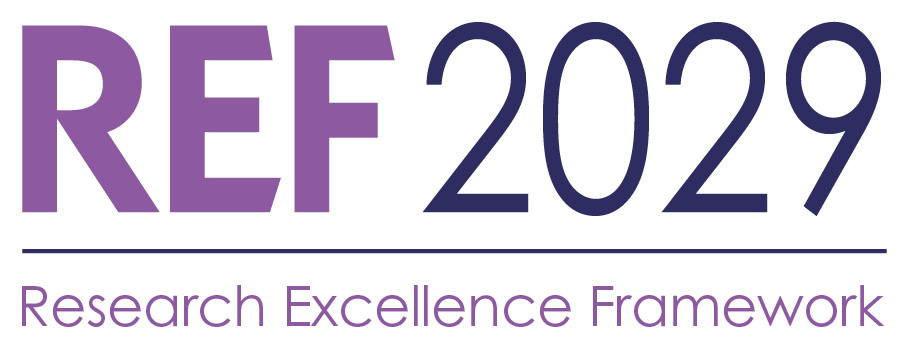
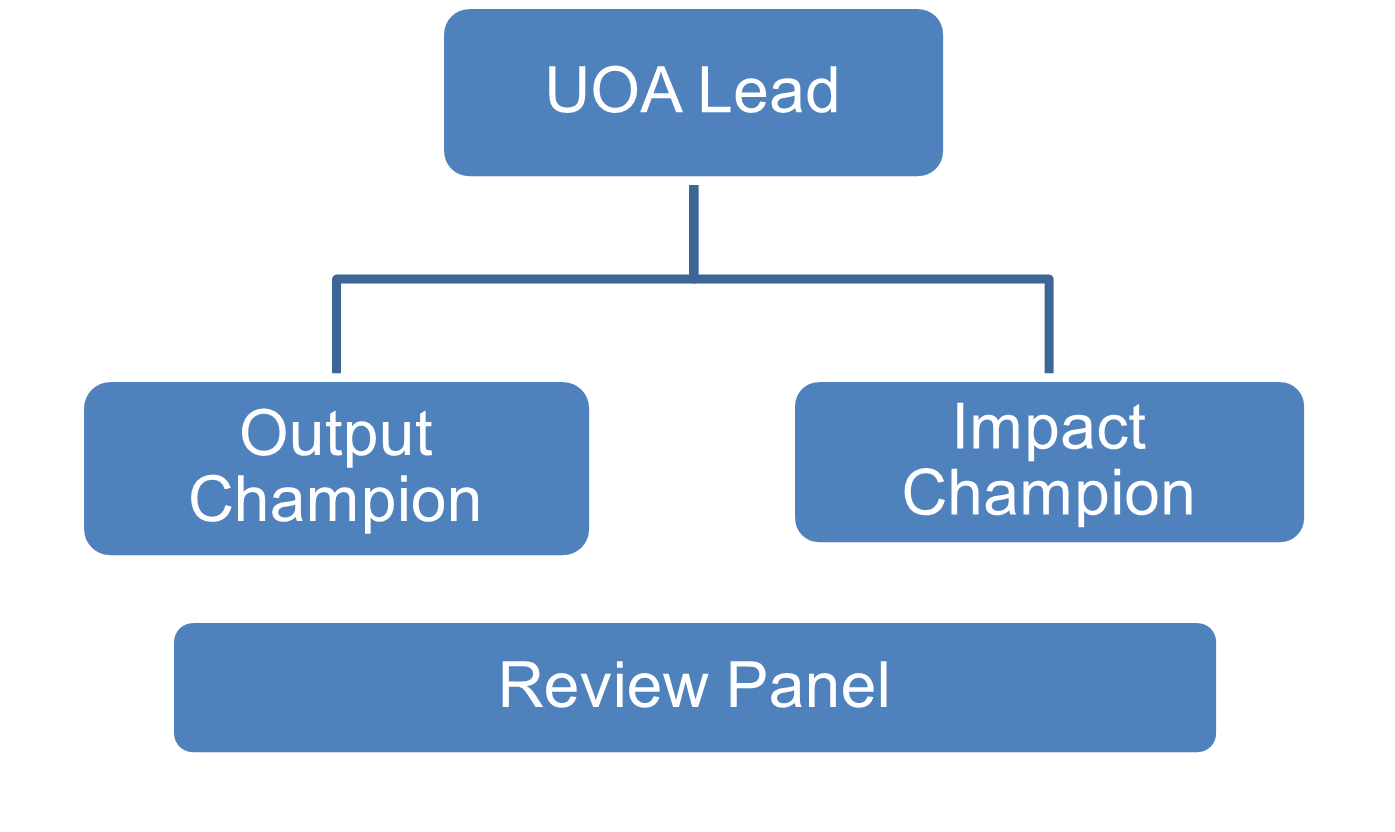 We are currently preparing submissions to
We are currently preparing submissions to  There are many dangers faced by societies, communities, and households today – whether that is accidents in the home, flooding, other extreme weather events, medical emergencies such as pandemics, and even terrorism.
There are many dangers faced by societies, communities, and households today – whether that is accidents in the home, flooding, other extreme weather events, medical emergencies such as pandemics, and even terrorism.
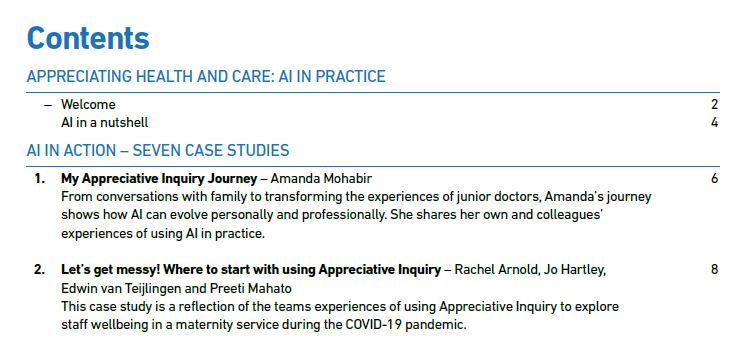

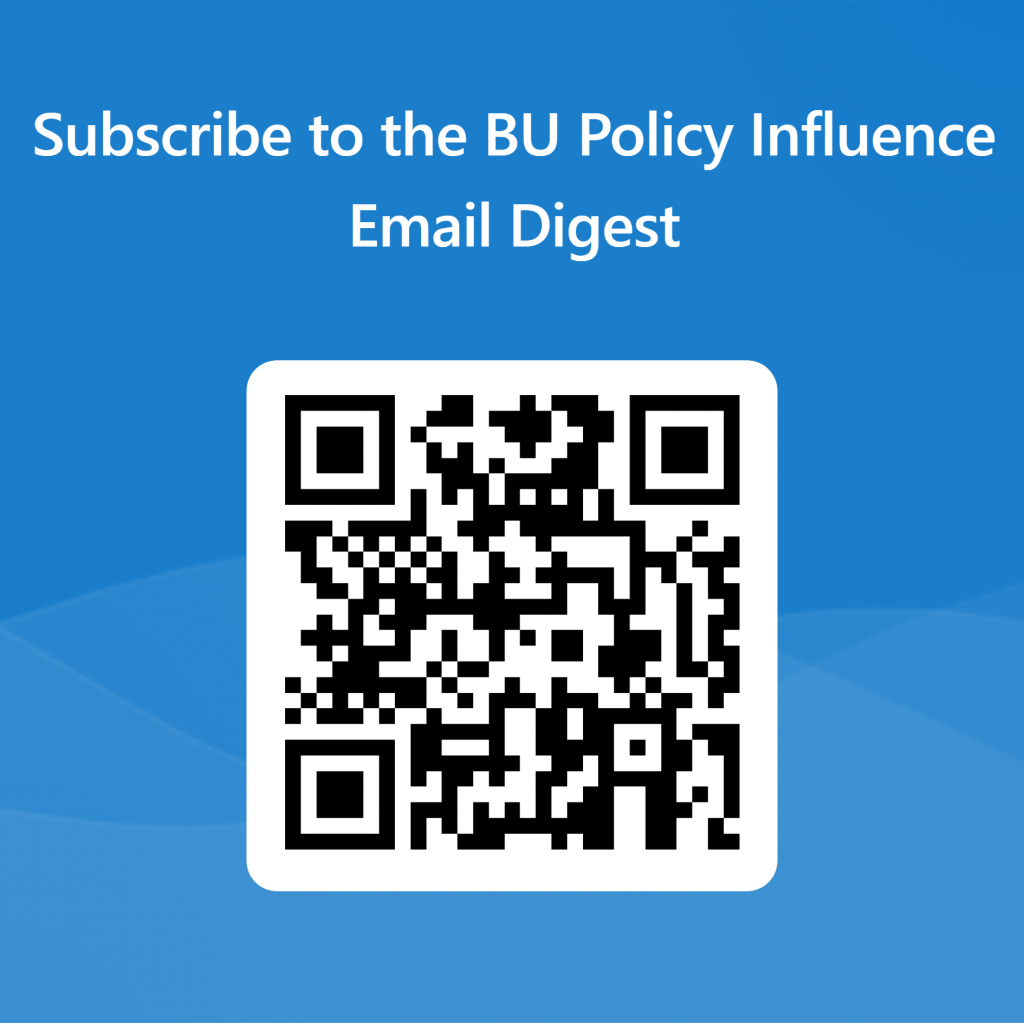
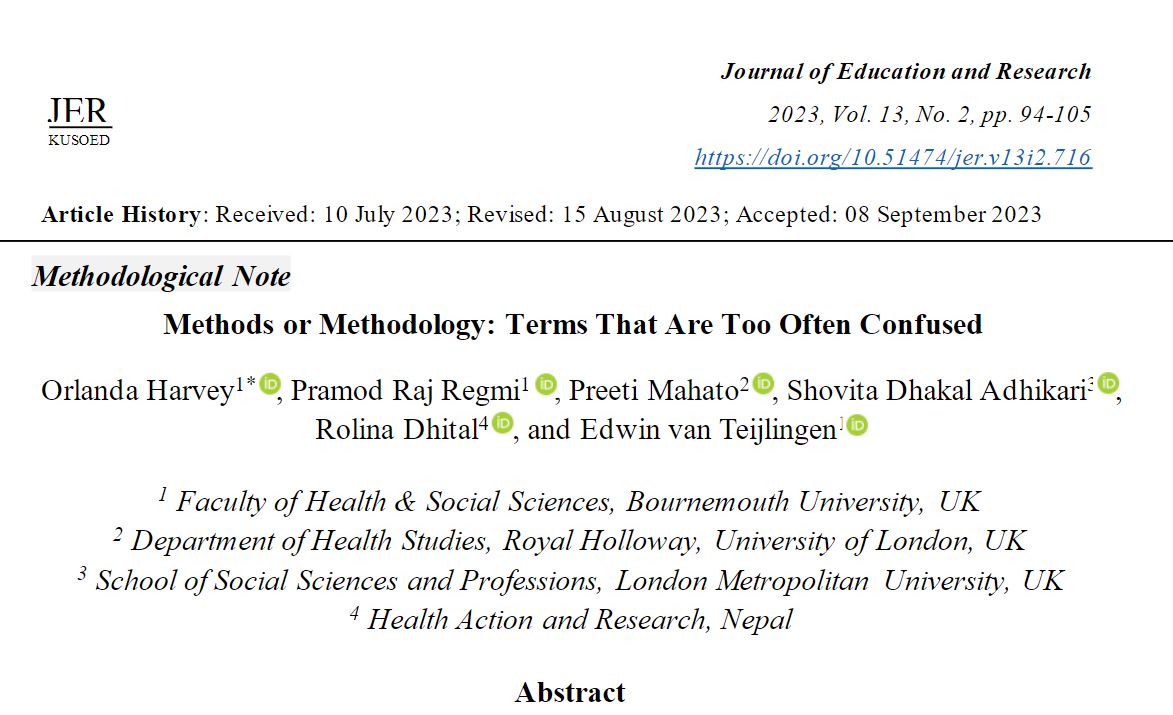
 Please note that IT Services are due to carry out some urgent server upgrades on Thursday 25 April. This is scheduled to take place at 6 pm.
Please note that IT Services are due to carry out some urgent server upgrades on Thursday 25 April. This is scheduled to take place at 6 pm.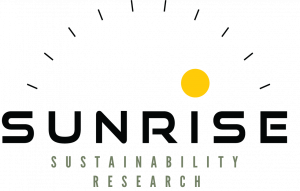
 The 2024 Marie Skłodowska-Curie Actions (MSCA) Postdoctoral Fellowships (PF) Call is expected to open on the Funding & Tender Opportunities Portal on 23 April 2024, with a deadline of 11 September 2024. The appropriate information including guidance documents and Standard application form are available on the
The 2024 Marie Skłodowska-Curie Actions (MSCA) Postdoctoral Fellowships (PF) Call is expected to open on the Funding & Tender Opportunities Portal on 23 April 2024, with a deadline of 11 September 2024. The appropriate information including guidance documents and Standard application form are available on the 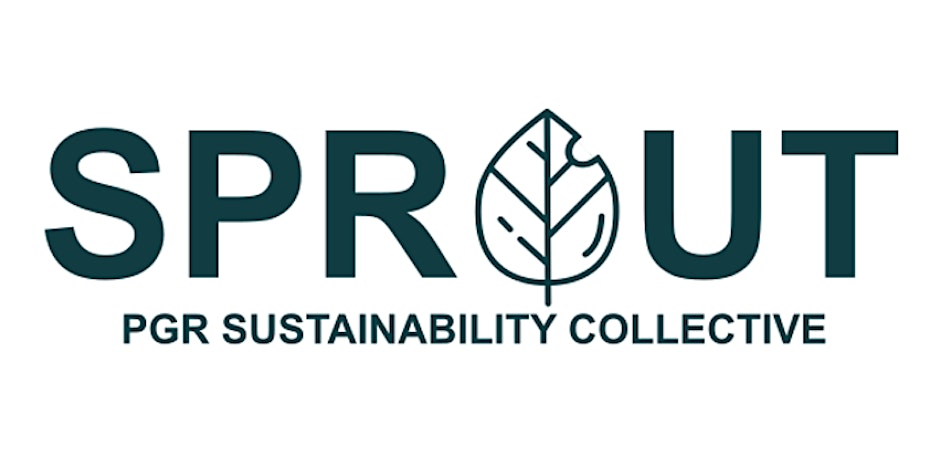
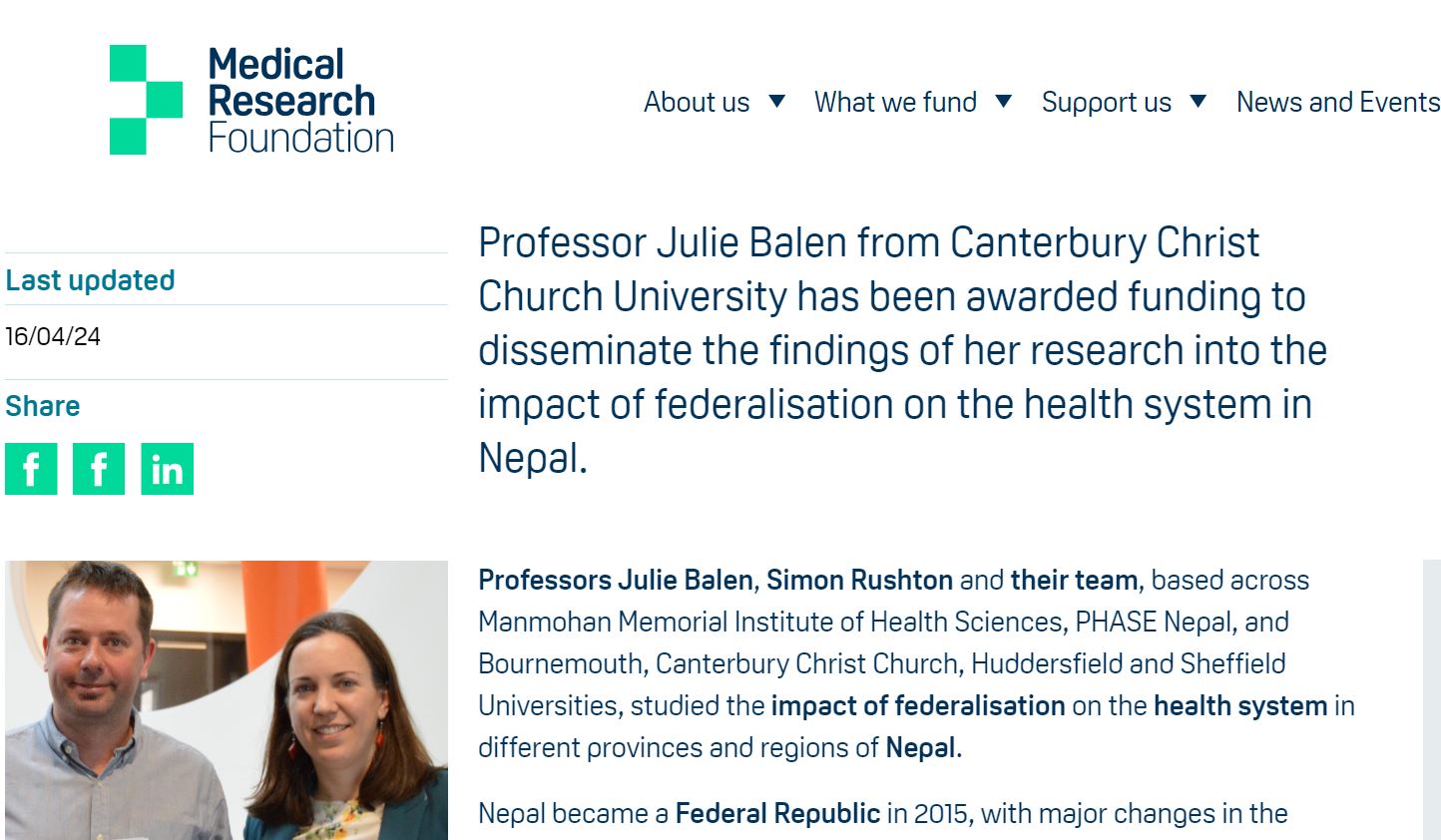

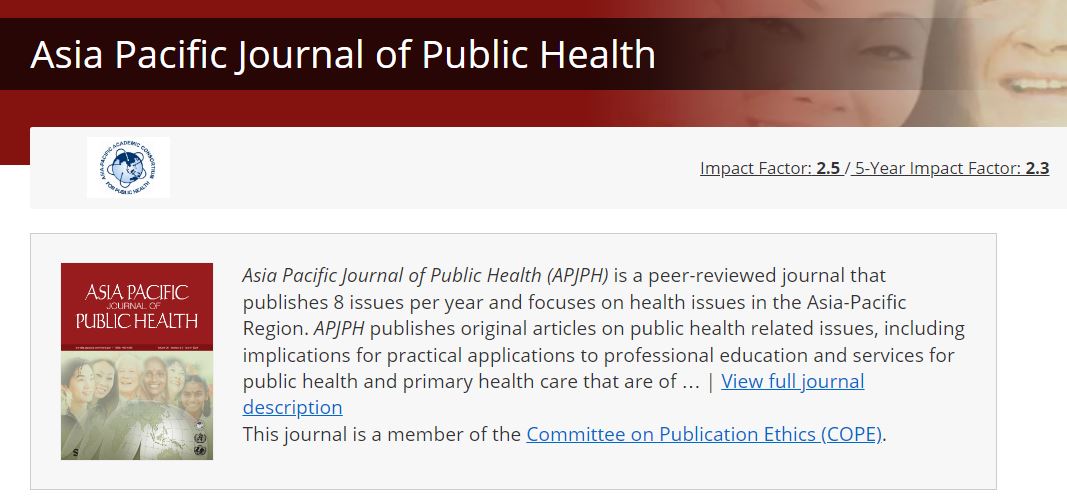












 Fourth INRC Symposium: From Clinical Applications to Neuro-Inspired Computation
Fourth INRC Symposium: From Clinical Applications to Neuro-Inspired Computation Writing policy briefs
Writing policy briefs Upholding Excellence: The Concordat to Support Research Integrity
Upholding Excellence: The Concordat to Support Research Integrity Today’s Documentation Will Serve Tomorrow’s Justice
Today’s Documentation Will Serve Tomorrow’s Justice ECR Funding Open Call: Research Culture & Community Grant – Application Deadline Friday 12 December
ECR Funding Open Call: Research Culture & Community Grant – Application Deadline Friday 12 December MSCA Postdoctoral Fellowships 2025 Call
MSCA Postdoctoral Fellowships 2025 Call ERC Advanced Grant 2025 Webinar
ERC Advanced Grant 2025 Webinar Horizon Europe Work Programme 2025 Published
Horizon Europe Work Programme 2025 Published Horizon Europe 2025 Work Programme pre-Published
Horizon Europe 2025 Work Programme pre-Published Update on UKRO services
Update on UKRO services European research project exploring use of ‘virtual twins’ to better manage metabolic associated fatty liver disease
European research project exploring use of ‘virtual twins’ to better manage metabolic associated fatty liver disease